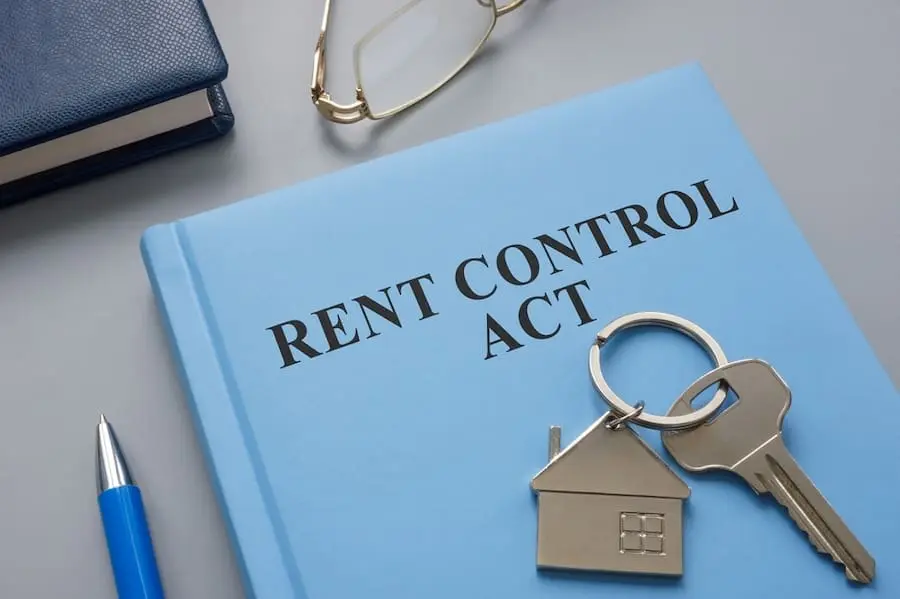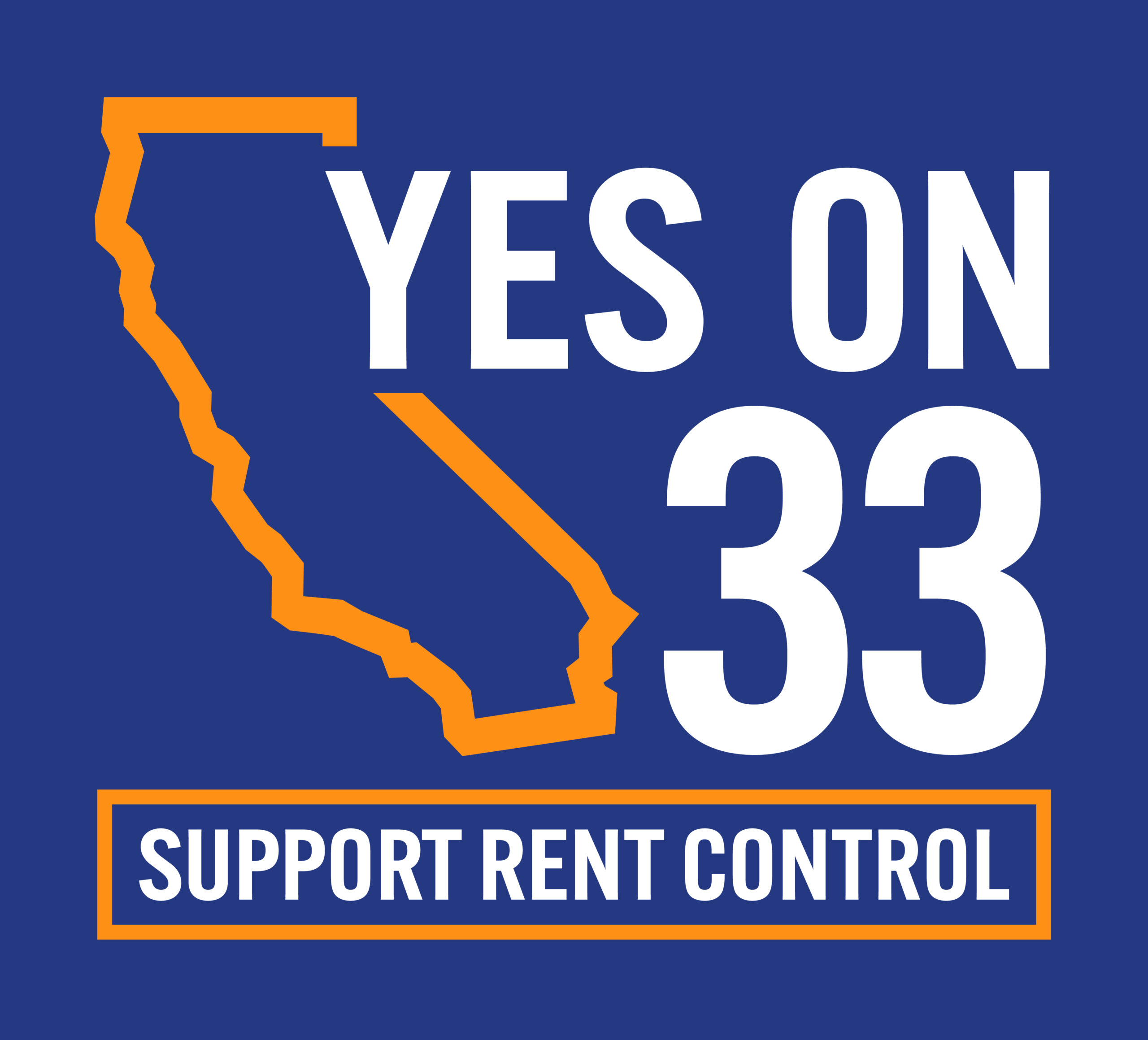
A group of 32 economists have written a letter to the Biden Administration saying that rent control is an effective tool to protect the poor and middle and working class. The economists also said that the real estate industry’s anti-rent control arguments are outdated and wrong. It’s a major development in the rent control debate. For too long, corporate landlords, landlord lobbying groups, and even reporters have pushed the myth that economists don’t support rent regulations. That argument has now been proven wrong, too.
The 32 economists come from such top universities as the Massachusetts Institute of Technology, UC Santa Barbara, American University, John Jay College, Columbia University, Bard College, and the University of Massachusetts. In July, they sent a letter to the Biden Administration that supported rent control and picked apart anti-rent control arguments.
The economists noted that over the last few years, “we have seen the devastating impact of a poorly regulated housing market on people’s livelihoods, as already unaffordable rental prices outpace wage growth.”
They stated that “high rents and a lack of tenant protections negatively impact tenants and their families, as well as the larger economy. At the household level, high rents lead to housing insecurity, homelessness, health challenges, and economic precarity for already-struggling renters.
“At the regional level, as rents rise, tenants with lower paying jobs are displaced and cannot live within commuting distances of employment, which hurts economic growth and perpetuates job dislocation.
“At the national level, rent makes up about one-third of the Consumer Price Index, and rent increases have played a major role in the recent uptick in inflation and run the risk of posing long-term threats to the nation’s economy.”
The economists noted that rent regulations will “protect tenants, stabilize neighborhoods, promote income diversity in regional economies, and improve the long-term outlook for housing affordability.”
These arguments have been routinely made by housing justice activists, but the real estate industry and certain reporters claimed that economists don’t support rent control. Now that counter argument has been solidly debunked.
The 32 economists also pointed out that the “economics 101 model that predicts rent regulations will have negative effects on the housing sector is being proven wrong by empirical studies that better analyze real world dynamics.”
And the economists emphasized that “substantial empirical evidence” shows that “rent regulation policies do not limit new construction, nor overall supply of housing.”
These are major findings that expose the real estate industry’s habit of making anti-rent control claims based on outdated or inaccurate studies. Housing Is A Human Right, for example, found that an often-quoted Stanford study about rent control was misleading and seriously flawed.
In addition, activists have pointed out that while the real estate industry tries to come off as if it wants to solve the housing affordability crisis, corporate landlords and landlord lobbying groups are actually concerned about only one thing: protecting their ability to keep charging higher and higher rents, with no concern about the negative impacts on poor and middle- and working-class Americans.
And activists have noted that the use of rent control to protect tenants against predatory landlords is a time-honored tradition in the United States that’s as American as apple pie.
The 32 economists concluded in their letter to the Biden administration that “at its core, rent regulations are aimed at rebalancing the power dynamics between tenants and landlords, which disproportionately favor landlords.”
They added, “Through well crafted policies, rent regulations can be designed in a manner that protects the general health and well-being of renters, promotes affordability, mitigates future inflationary episodes, and maintains landlords’ ability to receive a fair and reasonable return on investment.”
The economists’ pro-rent control findings are backed up by key studies published by the University of Southern California, UCLA, and UC Berkeley, which found that rent control is a valuable tool to stabilize the housing affordability crisis and to prevent people from falling into homelessness.
In the end, the 32 economists and the researchers at USC, UCLA, and UC Berkeley are saying the same thing: rent control works. Vote “yes” on Proposition 33 in November. It expands rent control in California — and reins in predatory landlords.
